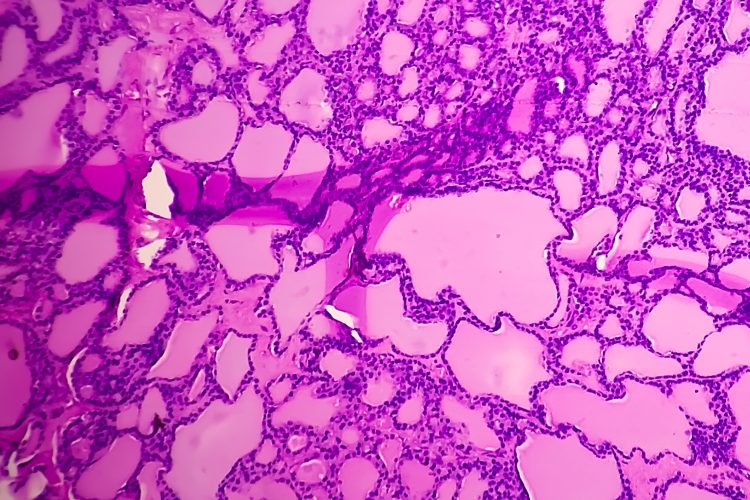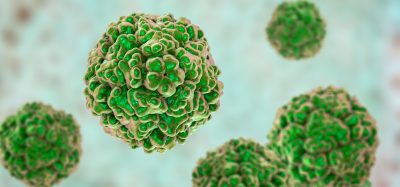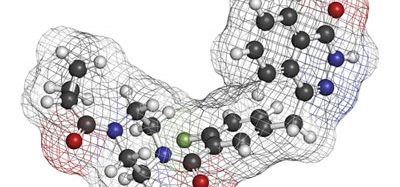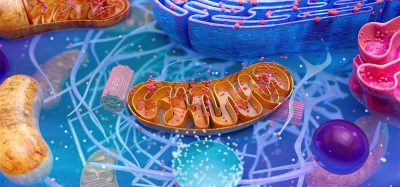New plasma therapy fights aggressive soft tissue cancer
Posted: 9 May 2025 | Drug Target Review | No comments yet
Researchers at Osaka Metropolitan University have found that plasma-activated medium (PAM) significantly reduces synovial sarcoma tumour growth in both lab and animal models, offering a promising new approach for treating this rare and aggressive cancer.


Synovial sarcoma, a rare and aggressive form of soft tissue cancer, may soon have a new therapeutic contender. Published in Biomedicines, the team at Osaka Metropolitan University found that plasma-activated medium (PAM)- a solution created by irradiating cell culture medium- significantly inhibited tumour growth both in lab and animal models.
Engineering plasma for medical use
To generate PAM, the team exposed a standard mammalian cell culture medium to five minutes of plasma irradiation, creating a reactive solution with tumour-suppressing properties. The study was conducted by researchers including Graduate School of Medicine student Hana Yao, Associate Professor Hiromitsu Toyoda, Professor Hiroaki Nakamura, and Professor Jun-Seok Oh from the Graduate School of Engineering.
In laboratory tests, human synovial sarcoma cells treated with PAM showed a huge drop in viability. Only 21 percent of cancer cells survived after treatment, a stark contrast to the untreated control group. These findings suggest that PAM disrupts cancer cell function or triggers cell death through mechanisms activated by the reactive species in the plasma-treated solution.
Biomarkers are redefining how precision therapies are discovered, validated and delivered.
This exclusive expert-led report reveals how leading teams are using biomarker science to drive faster insights, cleaner data and more targeted treatments – from discovery to diagnostics.
Inside the report:
- How leading organisations are reshaping strategy with biomarker-led approaches
- Better tools for real-time decision-making – turning complex data into faster insights
- Global standardisation and assay sensitivity – what it takes to scale across networks
Discover how biomarker science is addressing the biggest hurdles in drug discovery, translational research and precision medicine – access your free copy today
Shrinking tumours without side effects
The researchers also tested PAM in mouse models of synovial sarcoma, delivering daily injections around the tumour over a period of four weeks. The results showed tumours in the treated mice were reduced to 46 percent of their original volume and 59 percent of the weight observed in the control group. Importantly, no major side effects, such as weight loss or reduced appetite, were reported, suggesting a potentially favourable safety profile.
A promising future for plasma-activated medicine
“Not only do our results indicate that PAM has anticancer effects on synovial sarcoma at the cellular and organismal levels, but there also were no obvious side effects such as weight loss or poor appetite observed in the mice,” said Professor Hiromitsu Toyoda.
The team now plans to further develop PAM-based therapies. Their goal is to provide a new treatment option for patients with synovial sarcoma, where current therapies are limited.
Related topics
Animal Models, Bioengineering, Cancer research, cytotoxicity, Cytotoxicity assays, Drug Development, Drug Discovery, In Vitro, In Vivo, Therapeutics
Related conditions
Cancer
Related organisations
Osaka Metropolitan University
Related people
Hana Yao (Researcher at The Graduate School of Medicine at Osaka Metropolitan University), Hiroaki Nakamura (Professor at Osaka Metropolitan University), Hiromitsu Toyoda (Associate Professor at Osaka Metropolitan University), Jun-Seok Oh (Professor at The Graduate School of Engineering at Osaka Metropolitan University)








